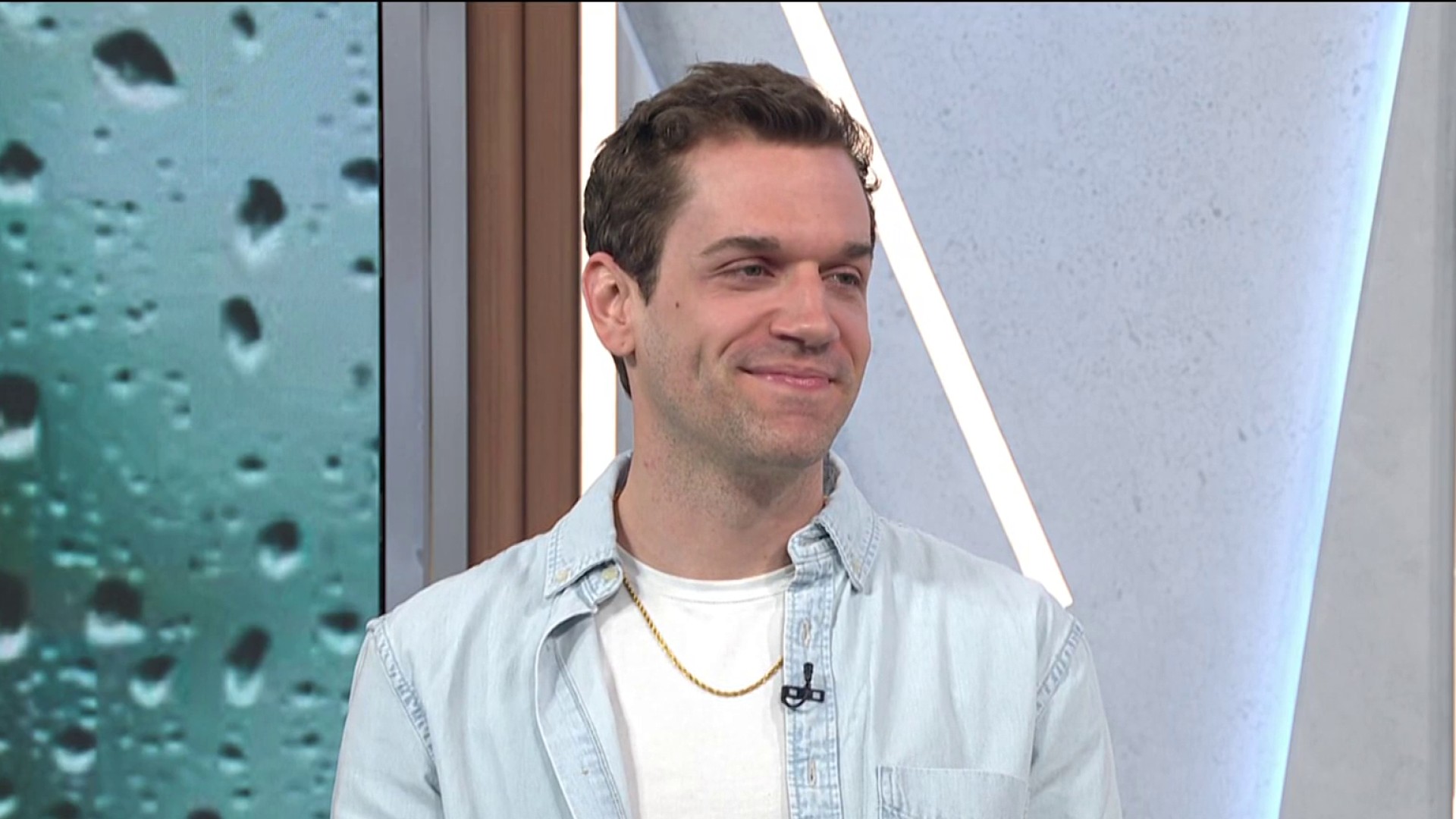I submit willingly to a drama like “Pipeline,” because for all the conflict and angst among its characters, each portrait feels true, and justified and genuine. These are individuals nobly trying to do the right thing—whatever that might be—within the confines of some system that seems purposefully constructed to guarantee failure.
Dominique Morisseau’s intense and poetic new play, centering on an inner-city public school teacher who sends her son to an elite private school, has just opened at Lincoln Center. Morisseau is known for her three-play cycle “The Detroit Projects,” which included “Skeleton Crew”; she’s also been a writer for Showtime’s “Shameless.”
The term “Pipeline” is used here in two ways: There’s the educational “pipeline,” for moving “gifted” students to more competitive schools. And there’s the school-to-prison pipeline, which parents like Nya and Xavier (Karen Pittman and Morocco Omari), in Morisseau’s work, endeavor to steer their son, Omari (the marvelous Namir Smallwood), away from.
“Pipeline” powers through its 90 minutes under the steady direction of Lileana Blain-Cruz, who between scenes evokes the war zone aura of an urban public school with video projections of clashing students—it reminded me of a similar technique used to depict Arab and Israeli violence in “Oslo,” which was first staged in this space before moving upstairs to the Vivian Beaumont.
So, we discover quickly that Omari has done something terrible at that upstate academic oasis. It’s not only his “third strike,” but video of his actions may soon “go viral” (I’m ready to retire dialogue invoking that Internet Age phrase, but let’s indulge Morisseau, in light of her otherwise muscular prose).
What’s happened? The teen has been goaded by a teacher to, please, explain to his classmates what might have been motivating Bigger Thomas, the young black man in Richard Wright’s “Native Son,” when he committed an act of violence against his white employer’s daughter.
We don’t know the racial makeup of the private school, or even the race of the meddlesome teacher, but there is the sense Omari, as a young black man, is in the minority.
Broadway
This prodding happens to have transpired on a day the emotionally more-agile-than-fragile Omari has been grappling with powerful feelings about his absentee father. Uh-oh. Omari pushes the teacher, the closest thing “Pipeline” has to a villain. You’ll feel awful for thinking it, but the guy had a takedown coming, albeit not a violent one.
Pittman, last seen here in “Domesticated,” is dynamic, a multifaceted and relatable character who is, in the playwright's words, a “whole human.” I was also impressed with Morocco Omari's turn as her ex, an executive who takes seriously the financial obligations of co-parenting, but is lost when navigating its emotional components.
The other characters in “Pipeline” enrich Morisseau’s unspoken thesis, that you can give up hope of subsisting in ideal circumstances, but still find the means to show up every day and pretend they’re attainable.
Tasha Lawrence is excellent as one of Nya’s colleagues, a teacher-slash-soldier who has just returned from surgery necessitated by a clash with a student. Jamie Lincoln Smith is a security guard with a sweet spot for the emotionally closed-off Nya.
Heather Velazquez is very good as Omari’s girlfriend, a sophisticate of the streets who meets her match when Nya races upstate to find her boy and must press the girl for clues to his whereabouts.
Recurring throughout “Pipeline” are references to the Gwendolyn Brooks poem “We Real Cool,” with its message of rebellion and youth that must surely terrify a parent. Morisseau stakes no claim to having figured out the right or wrong in Omari’s situation.
“I don’t profess to have an answer I’m withholding from an audience,” she recently said. “I profess to be working this out publicly.” You will be, too.
“Pipeline,” though Aug. 27 at the Mitzi E. Newhouse, 150 W. 65th St. Tickets: $77-$87. Call 212-239-6200.
Follow Robert Kahn on Twitter@RobertKahn



